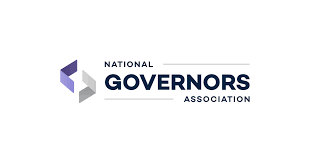The Children’s Bureau (CB) conducts Child & Family Services Reviews (CFSRs) periodically to review state child welfare systems. These reviews are the federal governments’ main compliance and enforcement mechanism, but they also serve as a critical component for promoting a culture of continuous improvement. This dual-functionality can appear at odds nonetheless, and the results of the reviews can be difficult to translate to State leadership and staff who merely see continuously adverse performance evaluations.
State & Territory Reflections
- The CFSR process takes a small sample size, and results are sometimes at odds with the data that state and territory leaders have available – which makes subsequent consequences/policy decisions difficult to translate and/or operationalize.
- Coordinated statewide improvement can be challenging, especially in state and territories that are state supervised and county administered rather than state administered, and in states’ undertaking place-based initiatives.
- Currently, the CFSR process is so labor-intensive, it does not leave much bandwidth for states to learn and explore initiatives and strategies that are successfully implemented in other states and territories
- National data is a helpful tool for demonstrating a state’s performance, in context with other states’ progress/performance, when communicating with state/territory leadership.
- Strategizing in framing the communications related to results of the CFSR is not be underestimated, as it can be critical to maintaining momentum on continuing to pursue system improvements: communicating that remediation is both necessary and expected can help temper expectations and reactions with stakeholders who are digesting the outcomes of the reviews.

